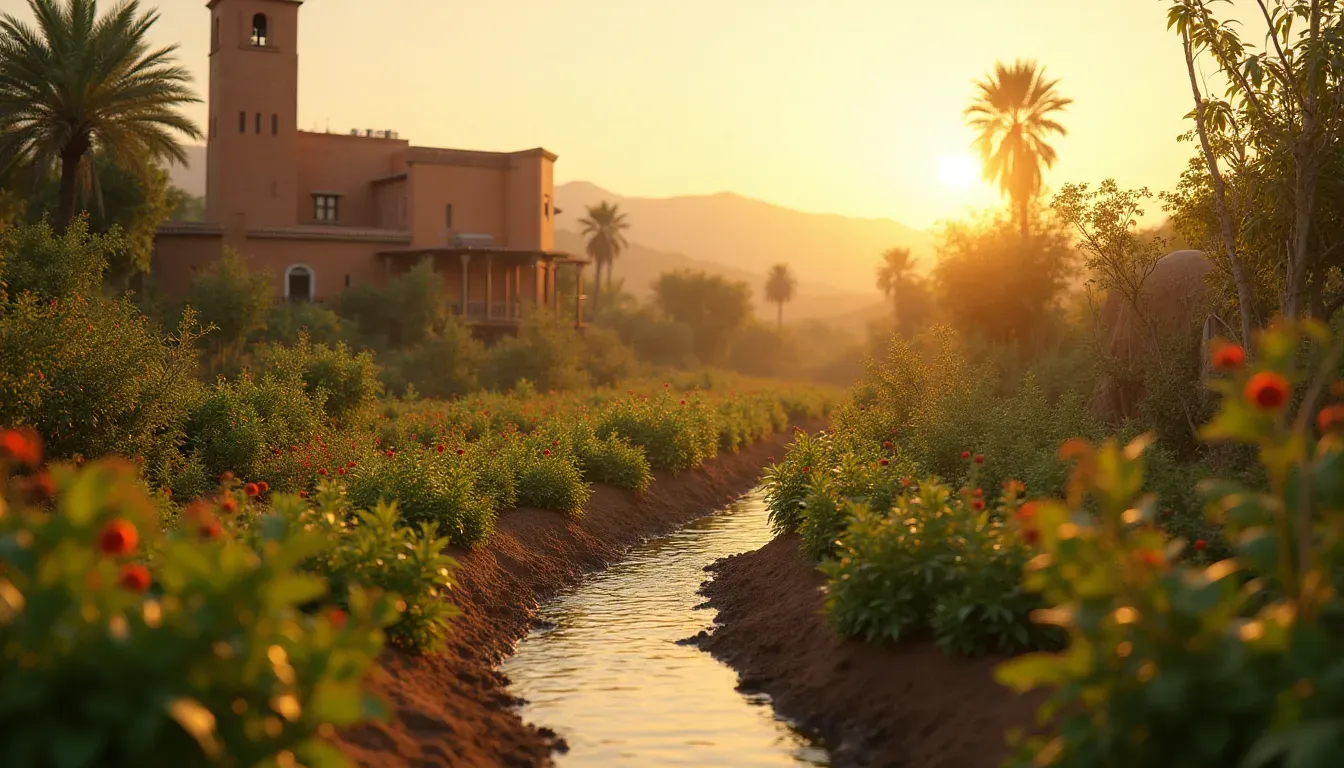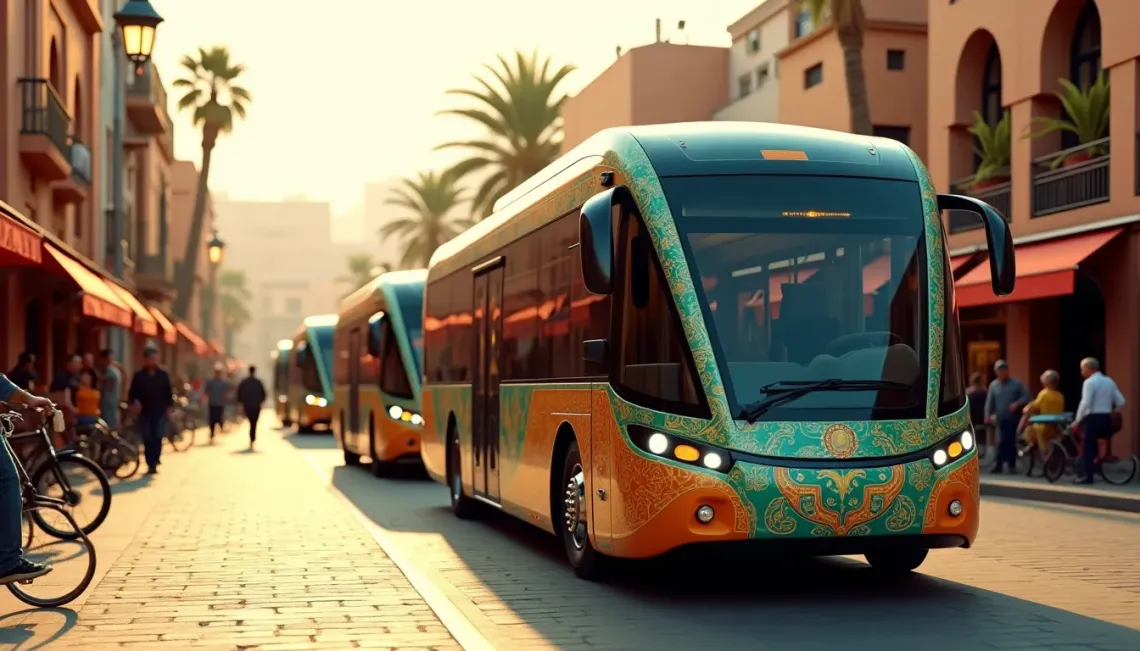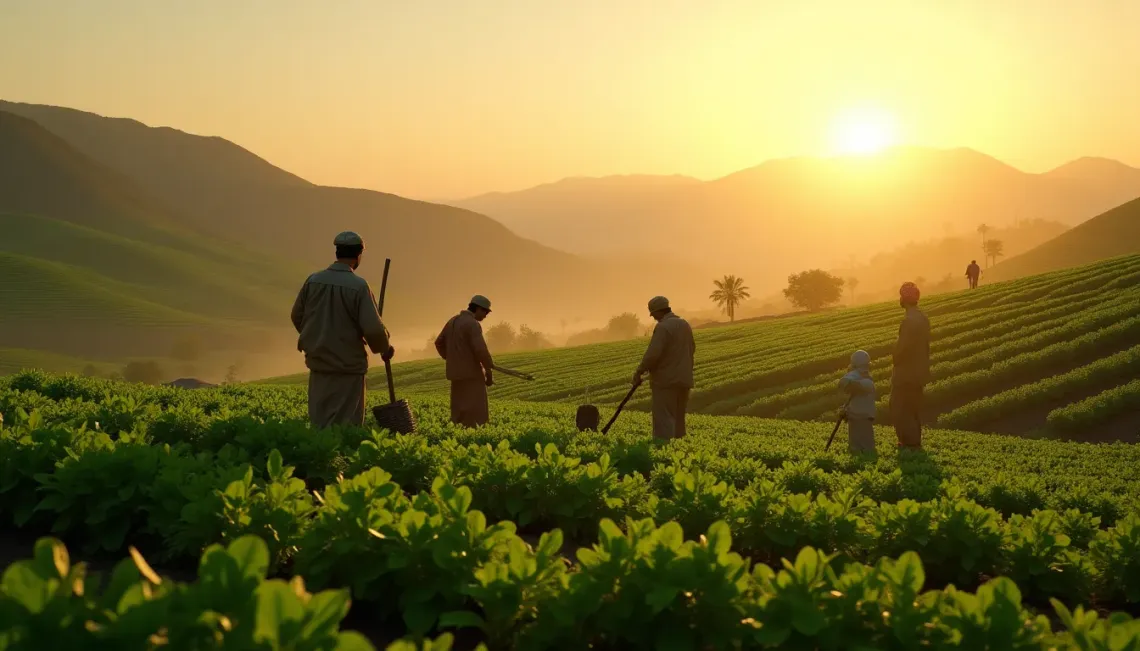In recent years, Morocco has been on the forefront of adopting permaculture as an innovative strategy to promote food security and foster environmental sustainability. This movement, resonating with global trends of sustainable agriculture, is making significant strides in the country’s rural and urban communities.
Understanding Permaculture
Permaculture, a portmanteau of "permanent agriculture" and "permanent culture," is an ecological design system aimed at sustainable land use. It integrates harmoniously with natural ecosystems, promoting diversity, stability, and resilience. In Morocco, this approach has gained traction as a sustainable agriculture method that can address various challenges. With its roots in traditional practices, permaculture in Morocco not only enhances agricultural yields but also supports environmental sustainability.
The Importance of Permaculture in Morocco
Morocco's climate is marked by arid and semi-arid conditions, which pose significant challenges for conventional agriculture. Implementing permaculture techniques can mitigate these challenges by:
- Reducing water consumption through efficient irrigation systems
- Improving soil fertility using natural composting methods
- Encouraging biodiversity to maintain ecological balance
By leveraging these strategies, Moroccan farmers can ensure longer-lasting food security while conserving vital natural resources.
Boosting Food Security through Sustainable Agriculture
Food security remains a priority in Morocco, with permaculture offering a promising solution. Sustainable agriculture models, particularly those incorporating permaculture principles, help increase food production without degrading the environment. Emphasizing local resources and traditional knowledge, these methods empower communities to become self-sufficient and reduce reliance on external food sources.
Community Involvement in Environmental Sustainability
One of the core tenets of permaculture is community involvement. In Morocco, permaculture projects often involve educating farmers and local communities about sustainable practices. This education fosters a sense of ownership and responsibility towards environmental sustainability, ensuring that permaculture principles are upheld across generations.
Related Topics in Permaculture
For those interested in exploring further, related topics in permaculture include:
- Agroforestry practices
- Water conservation techniques
- Urban permaculture projects
These areas offer additional insights into how permaculture can be adapted to various environments and needs, supporting a wider adoption of sustainable agriculture practices.
In summary, permaculture in Morocco is paving the way for a more sustainable future by boosting food security and championing environmental sustainability. The integration of this ecological design into farming practices promises not only to transform agricultural landscapes but also to empower communities to thrive within their natural ecosystems.




